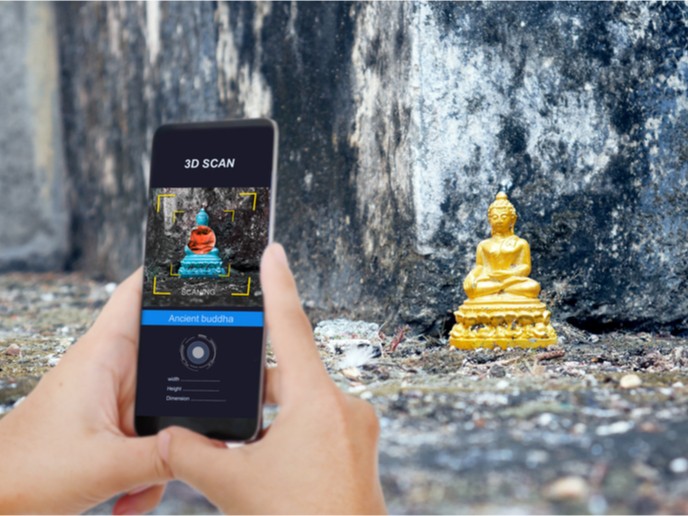Making Location-Based Services a reality with 3G
Europe has been a leader in the mobile telephony industry. As the world progresses to third generation (3G) technology, efforts are underway to ensure Europe's position as a front-runner. 3G brings increased bandwidth to wireless communications, opening the door to a wide range of new services to its users, from video conferencing to browsing the Internet. Location-Based Services (LBS), is one of the exciting new prospects made possible by 3G. MAP&GUIDE, a German company, set up trials of LBS in several European countries using both Personal Digital Assistants (PDAs) and mobile telephones. The user's exact coordinates are determined using the network of satellites and ground stations comprising the Global Positioning System (GPS). The challenge for MAP&GUIDE was to construct a system that minimises data traffic, and therefore costs, while maintaining a high level of service to the user. One of the important lessons learned during the trials is that regional differences as well as device limitations necessitate the development of a flexible client-server architecture. For instance, user position could be stored as a cookie on PDAs and transmitted to the server only when requested by an application. This was not possible with the mobile phones, despite their advanced Symbian mobile operating system. A traffic-heavy solution with frequent coordinate transmissions was implemented, but traffic can be reduced by locking one's position. Despite the use of universal protocols such as GPRS and TCP/IP, the system did not have the same results everywhere. This was attributed to variations in the protocol used by the Access Point Names (APNs) in different countries. Progress in Symbian programming would facilitate workarounds and this is being encouraged. Finally, the experience gained during the trials revealed that the new technology is not "plug-and-play". In order to promote high rates of adoption, providers must focus on user support in this area. Overall, the trials successfully demonstrated the potential of LBS and provided important feedback for taking the technology forward in Europe.







